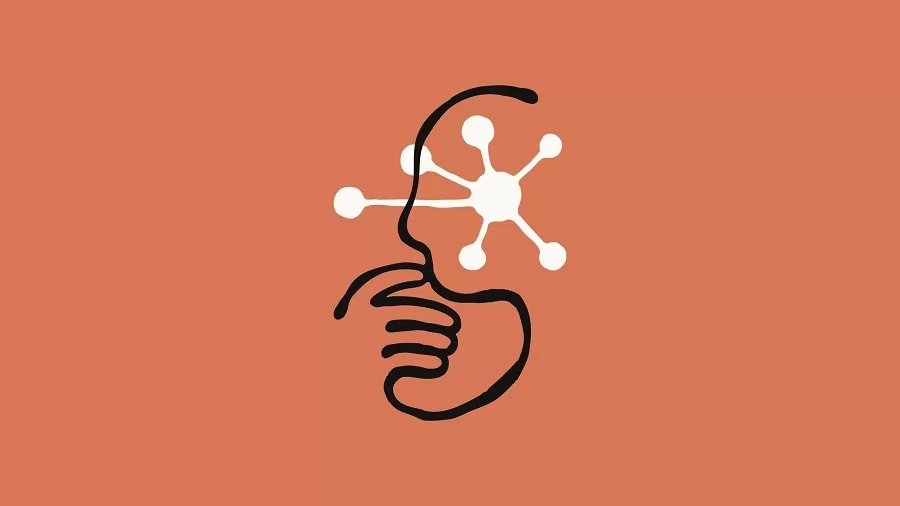Technology
Anthropic Launches Claude 3.7 Sonnet: A Smarter, More Flexible AI Model

- The Claude 3.7 Sonnet is a hybrid model for AI, with faster response times, using general reasoning for business tasks and coding.
- Anthropic insists on fierce competition against competitors such as OpenAI, with its aggressive pricing—even for the next wave-up-the-line service introduction of Claude Code.
Anthropic’s latest offering, Claude 3.7 Sonnet, raises the benchmark in an era where artificial intelligence is updating very fast. This so-called advanced AI model, hitting the market on Monday, is not just fast but smarter and more insightful and gives increased user control over the AI’s thinking and responding.
What Makes Claude 3.7 Sonnet Different?
The Claude 3.7 Sonnet is a hybrid model for reasoning, thus it leverages different problem-solving strategies to deal with some complex problems. It gives you the option to decide whether you require a quick answer or a slow, stepwise one. Yes, you are in control.
This newfound lucidity now allows Claude 3.7 Sonnet to handle a great variety of tasks, from coding and web development to real-world business challenges. It is designed to be applied and relatable with a real-life application focus instead of dealing only with theoretical math problems.
Winning the AI Race
Anthropic launches at a time when the competition is rather intense in AI development. From both sides of the Atlantic, firms such as DeepSeek and Alibaba in the US and China, respectively, are competing to create the scales of the most powerful AI. Thanks to Google and Amazon, Anthropic is throwing in its lot with the rest of this launch.
Features That Give You Control
The “extended thinking mode” is one of Claude 3.7 Sonnet’s coolest features. While paid plans can only use it, the special extended thinking is when the AI would “self-reflect” before answering. This leads to more well-thought-out and accurate responses, especially when faced with complicated tasks such as physics problems, coding assignments, or detailed instructions.
Also, users can control the amount of time the model spends thinking about a particular question. If you need a quick answer, it can do that; if you need more elaborate answers, you can make it take longer. This high degree of customisation may be a whole new game because it puts the power back in users’ hands.
Affordable and Transparent
Although technically superior, Claude 3.7 Sonnet is an undeniable bargain. It charges $3 for every million input tokens and $15 for every million output tokens, making it far less expensive than rival OpenAI’s O1 model, which would have set you back by $15 and $60, respectively, for tokens. Best of all, the new model is available across all Claude plans—free.
Meet Claude Code: The Best Friend of Developers
Along with Claude 3.7 Sonnet, Anthropic is also introducing Claude Code: a powerful AI tool designed exclusively for developers. Still, in a limited preview, this fresh tool shows promise in helping humans in doing coding tasks. It can take up so much engineering work, allowing developers to concentrate on the more creative aspects of their projects.
Scholars even now directly link Claude Code to GitHub and thus make things easier for developers to manage their workflows. Initial tests seem to indicate that it can perform sophisticated programming tasks in a small fraction of the time it would take a human. It would be like having a super-boosted helpmate assisting you in coding.
Safety and Security Come First
Anthropic has not simply concentrated on improving Claude 3.7 Sonnet but has rather concentrated on making it more secure. The model is 45% better at refusing stupid requests in cases where it is a bit trickier to state what is appropriate. Further assurance features are preventing anticipated risks such as prompt injection attacks, hence protecting user experience.
Why It Matters
The release of Claude 3.7 Sonnet speaks to the rapidity of advancement in AI technology. Anthropic wants to make AI useful and accessible to everyone by creating more controllable, faster, and practically orientated systems for real-world tasks.
In a tight contest, vying with names like OpenAI, Google, and Alibaba, Anthropic’s release is an audacious statement for differentiation. Supported by tech titans like Amazon and Google, they have come to win.
AI’s Future Has Arrived
With Claude 3.7 Sonnet and Claude Code, Anthropic does not just keep up with the competition; it is raising a new bar. These are intended to facilitate whether you are a developer looking for help with complex code or a company looking for companies to smarten up their AI solutions.
With the future of AI technology already upon us, Anthropic puts real power in the hands of people to make technology ever more human, more flexible, and even more powerful.

















































